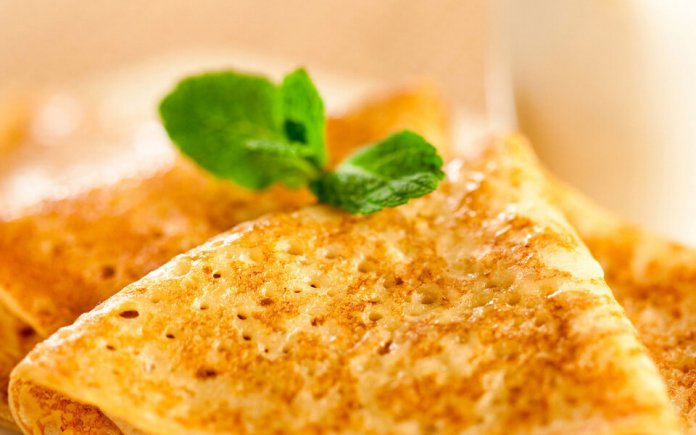On March 7, Maslenitsa week began - a holiday in which the popular consciousness fancifully mixes Christianity and half-forgotten ancient pagan rituals. How to distinguish one from the other and why pancakes are described in our list top 10 facts about Maslenitsa.
10. Eat for the future
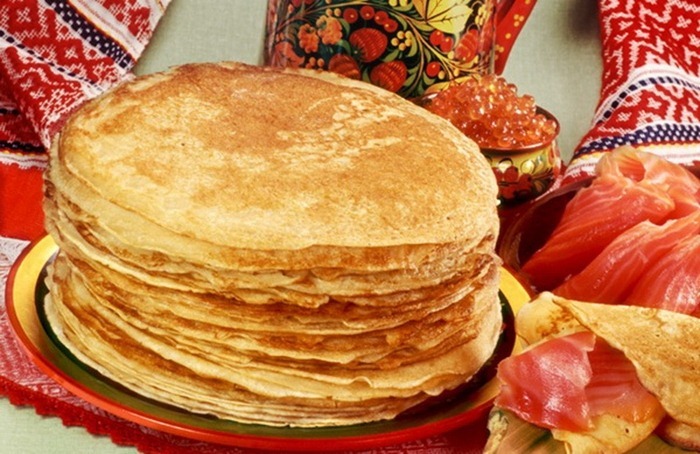 In the church calendar there is no name "Maslenitsa" - there is a "meat-eating" or "cheese" week. Its beginning and end are determined by the date of Easter and change every year, although they depend on the date of the vernal equinox. In fact, Maslenitsa is the last chance for Orthodox Christians to eat properly before a long harsh fast.
In the church calendar there is no name "Maslenitsa" - there is a "meat-eating" or "cheese" week. Its beginning and end are determined by the date of Easter and change every year, although they depend on the date of the vernal equinox. In fact, Maslenitsa is the last chance for Orthodox Christians to eat properly before a long harsh fast.
9. What is in my name to you?
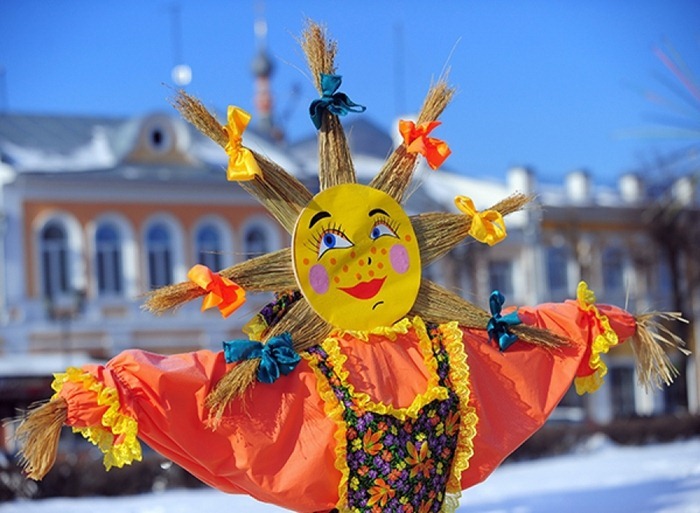 The name "Maslenitsa" appeared only in the 17th century. In general, whatever they call it - and "Pancake", and "Eating week", and "Milkmaid", and "cow and horse holiday" and so on. But we like The Tselovalnitsa the most.
The name "Maslenitsa" appeared only in the 17th century. In general, whatever they call it - and "Pancake", and "Eating week", and "Milkmaid", and "cow and horse holiday" and so on. But we like The Tselovalnitsa the most.
8. Pagan roots
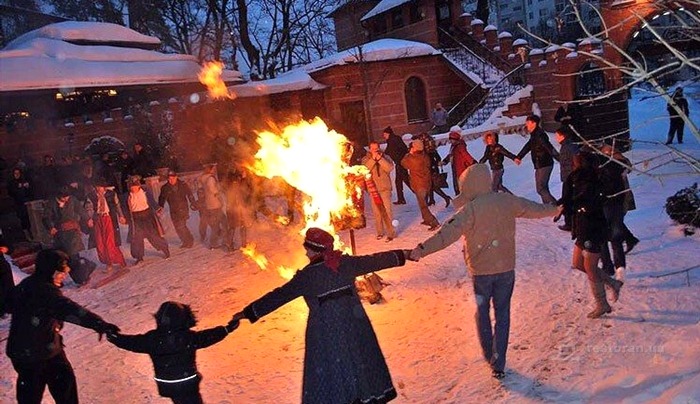 Folk Maslenitsa has absorbed many of the ancient rituals of seeing off winter. Some believe that some of the Shrovetide entertainment rites were borrowed from the winter holiday dedicated to Volos, the deity of the fertility of the earth and livestock. Others believe that Maslenitsa is one of the names of the goddess Leli, the daughter of Makosha, who, together with her sister Lada, was responsible for love and fertility. And still others are looking for solar roots in Maslenitsa - after all, it was at this time that the ancient Slavs celebrated the spring equinox, the border between winter and spring and the beginning of the new year.
Folk Maslenitsa has absorbed many of the ancient rituals of seeing off winter. Some believe that some of the Shrovetide entertainment rites were borrowed from the winter holiday dedicated to Volos, the deity of the fertility of the earth and livestock. Others believe that Maslenitsa is one of the names of the goddess Leli, the daughter of Makosha, who, together with her sister Lada, was responsible for love and fertility. And still others are looking for solar roots in Maslenitsa - after all, it was at this time that the ancient Slavs celebrated the spring equinox, the border between winter and spring and the beginning of the new year.
7. The dark side
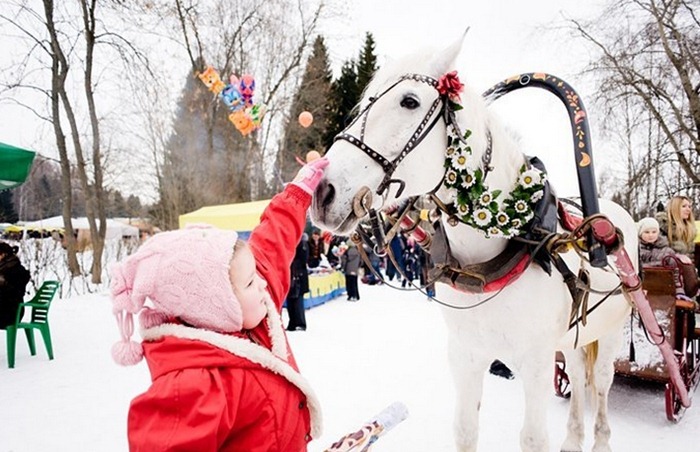 Despite popular belief, pancakes have never been a solar symbol in Russia. Pancakes among the Slavs are a traditional element of the funeral meal (since the ancestors were responsible for the fertility of the earth, they had to be properly buttered). And from the rituals of honoring the dead, fistfights, horse races and plentiful feasts, which were once memorials, entered Shrovetide.
Despite popular belief, pancakes have never been a solar symbol in Russia. Pancakes among the Slavs are a traditional element of the funeral meal (since the ancestors were responsible for the fertility of the earth, they had to be properly buttered). And from the rituals of honoring the dead, fistfights, horse races and plentiful feasts, which were once memorials, entered Shrovetide.
6. Who needs pancakes?
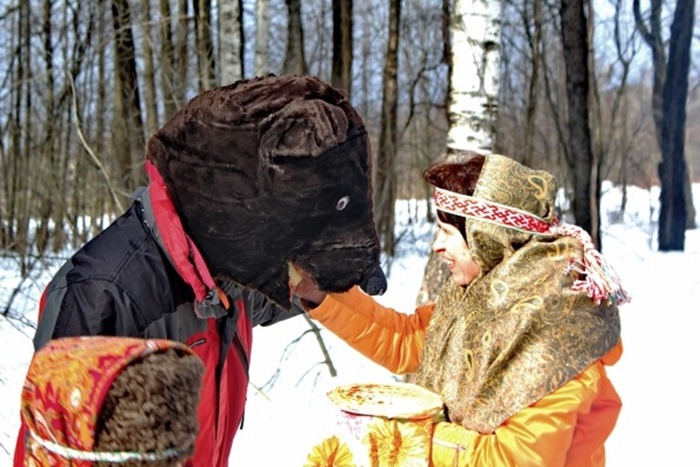 What hostess did not experience sad moments when the first pancake, poured into a frying pan, went in folds and gathered in an ugly pile. "The first pancake is lumpy!" She sighs. But in fact, not what ("lump"), but to whom ("coma"). "Lump", i.e. "Standing on its hind legs" is one of the nicknames of the bear among the Slavs. So that the land was fertile, livestock gave birth, and bears lived in the forest and did not touch people, the ancient Slavs brought the first pancake to the clubfoot sacred animals of the god Veles.
What hostess did not experience sad moments when the first pancake, poured into a frying pan, went in folds and gathered in an ugly pile. "The first pancake is lumpy!" She sighs. But in fact, not what ("lump"), but to whom ("coma"). "Lump", i.e. "Standing on its hind legs" is one of the nicknames of the bear among the Slavs. So that the land was fertile, livestock gave birth, and bears lived in the forest and did not touch people, the ancient Slavs brought the first pancake to the clubfoot sacred animals of the god Veles.
5. Check for zombies
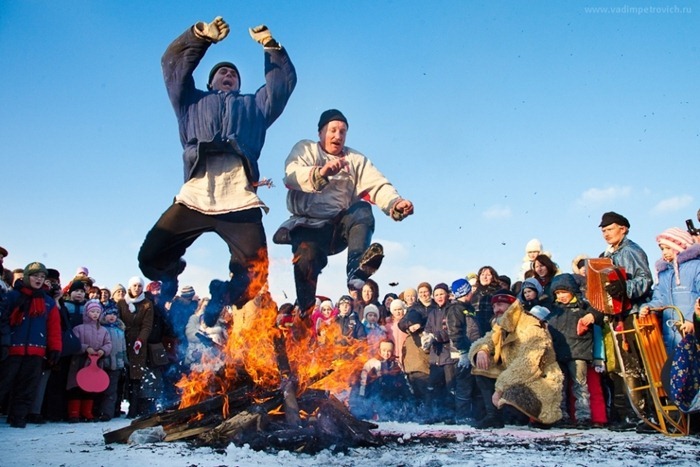 Everyone knows the sad story about the snow girl - the Snow Maiden, who so wanted to live among people. And although she was not bloodthirsty, there was no place for the dead among the living, so the poor thing melted during the traditional Maslenitsa rite - jumping over the fire. So the ancient Slavs recognized the undead that wandered towards them by chance or with villainous purposes.
Everyone knows the sad story about the snow girl - the Snow Maiden, who so wanted to live among people. And although she was not bloodthirsty, there was no place for the dead among the living, so the poor thing melted during the traditional Maslenitsa rite - jumping over the fire. So the ancient Slavs recognized the undead that wandered towards them by chance or with villainous purposes.
4. Expensive price
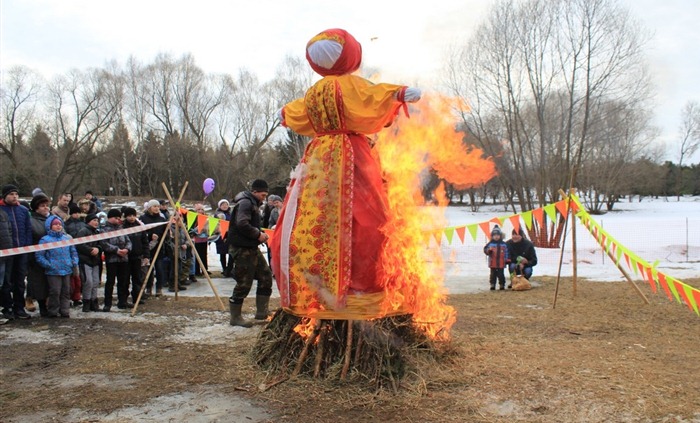 At the end of the gluttonous week, a procession of mummers, bursting with tears under funeral songs, carries a straw effigy on a stretcher, which (sometimes after the court scene) is then burned so that the next year will be fertile and everyone will be lucky. But once a scarecrow was not a scarecrow at all.
At the end of the gluttonous week, a procession of mummers, bursting with tears under funeral songs, carries a straw effigy on a stretcher, which (sometimes after the court scene) is then burned so that the next year will be fertile and everyone will be lucky. But once a scarecrow was not a scarecrow at all.
3. Time of amulets
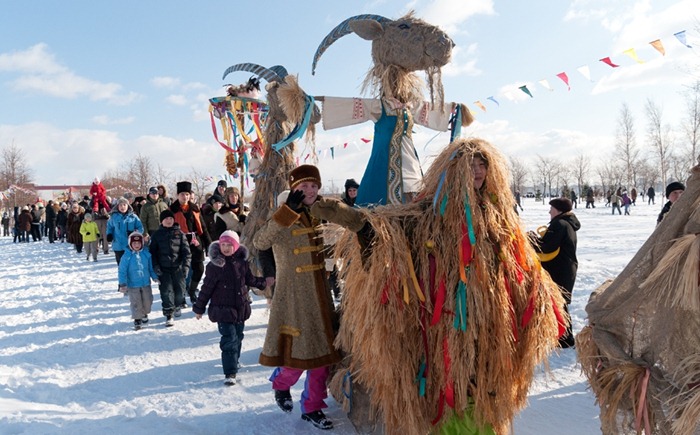 Mummers play another important role in Shrovetide mythology - they ward off winter, disease and evil spirits.Young guys put on masks, fur coats inside out and walk around the neighborhood, ring bells, twist rattles or simply and unpretentiously yell at the top of their voices.
Mummers play another important role in Shrovetide mythology - they ward off winter, disease and evil spirits.Young guys put on masks, fur coats inside out and walk around the neighborhood, ring bells, twist rattles or simply and unpretentiously yell at the top of their voices.
2. Spring and love
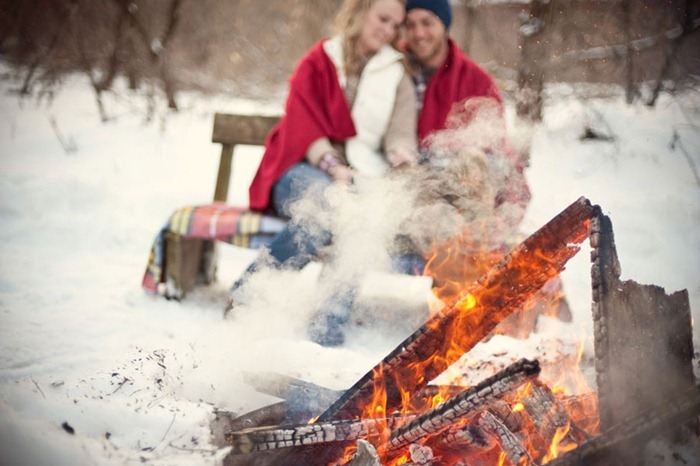 Shrovetide is a time of fun and ambiguous jokes. Guys bully girls, and girls make fun of guys in revenge. The mummers act out scenes between the masks of "grandfather" and "women", often of an openly erotic nature. And on Maslenitsa it was customary to perform rituals on young people who shirked their duty - they did not marry or did not marry. They could even have a wooden block tied to their leg (removed for a ransom).
Shrovetide is a time of fun and ambiguous jokes. Guys bully girls, and girls make fun of guys in revenge. The mummers act out scenes between the masks of "grandfather" and "women", often of an openly erotic nature. And on Maslenitsa it was customary to perform rituals on young people who shirked their duty - they did not marry or did not marry. They could even have a wooden block tied to their leg (removed for a ransom).
1. Worldwide
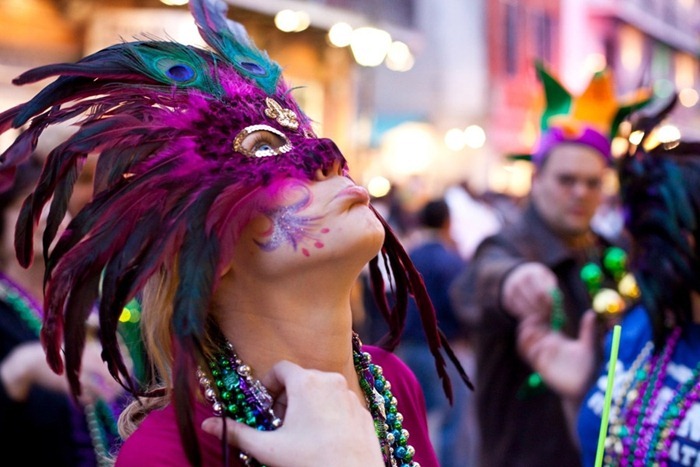 Other countries have their own analogue of Maslenitsa. On the last day before Lent, prim Britons arrange pancake relay races - races with a hot pan in hand with a pancake on it. And he must be thrown! In Germany, they celebrate "Fastnacht", the streets are crowded with mummers and everyone is drinking beer and mulled wine. In the Scandinavian countries, during Vastlavya, children in carnival costumes walk the streets, asking passers-by and neighbors for sweets. And the famous Orleans "Mardi Gras" is the same carnival of Maslenitsa.
Other countries have their own analogue of Maslenitsa. On the last day before Lent, prim Britons arrange pancake relay races - races with a hot pan in hand with a pancake on it. And he must be thrown! In Germany, they celebrate "Fastnacht", the streets are crowded with mummers and everyone is drinking beer and mulled wine. In the Scandinavian countries, during Vastlavya, children in carnival costumes walk the streets, asking passers-by and neighbors for sweets. And the famous Orleans "Mardi Gras" is the same carnival of Maslenitsa.

